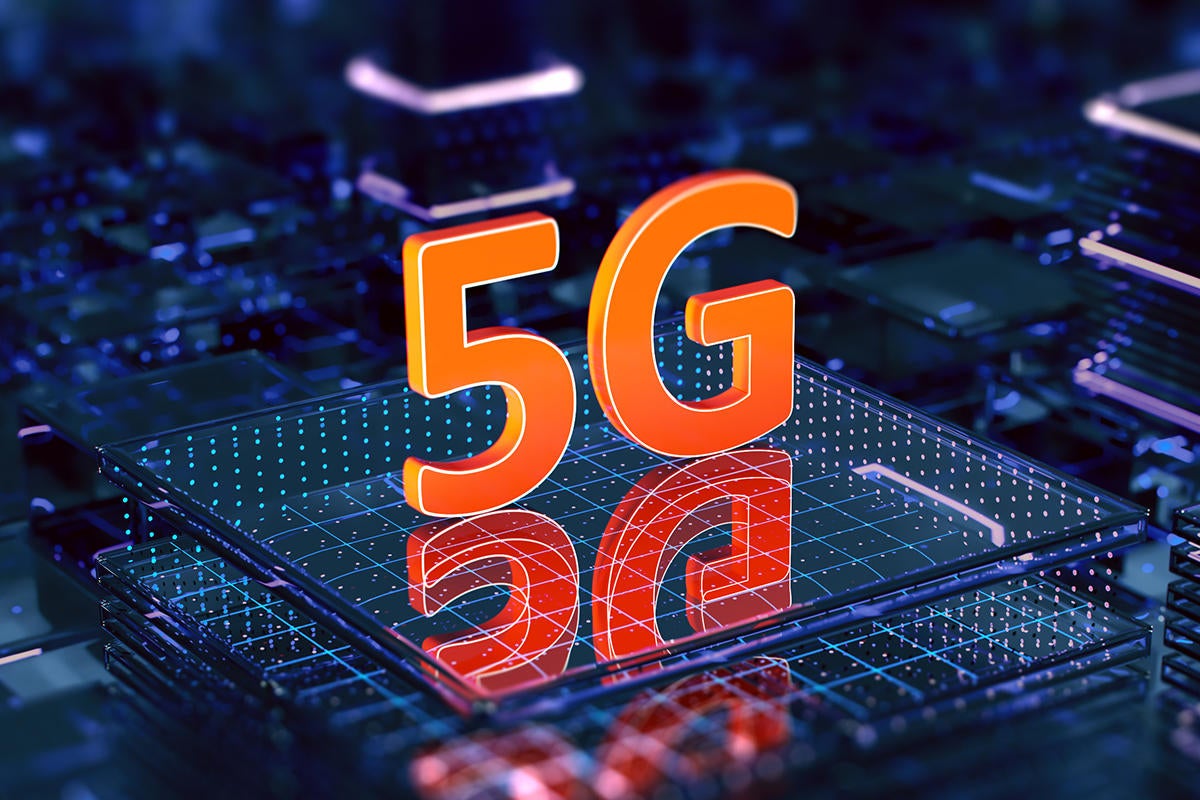5G Privacy Concerns: What You Need to Know
— June 24, 2020
Businesses Say Privacy Is the Biggest Concern With 5G. Here’s What That Means for You
5G technology promises significant benefits, but it also brings concerns, especially around privacy. While many are excited about its potential, the wider adoption of 5G faces challenges. Privacy, in particular, is a central issue for businesses. A recent survey by Accenture highlights this concern, revealing that while business leaders see 5G as an opportunity for growth, they are also wary of the potential risks. This article will break down the concerns and what they mean for companies and consumers alike.
5G: A New Era for Businesses
The rollout of 5G is expected to bring major advantages, especially in areas like speed and connectivity. However, as companies prepare for this shift, privacy issues remain a primary concern. Accenture surveyed over 2,600 business and technology decision-makers across 12 industries in Europe, North America, and Asia-Pacific. Their findings point to a clear trend: 68% of leaders believe 5G will enhance security, but 69% cite privacy as their top worry.
This combination of optimism and caution is reflective of the potential and the challenges 5G brings. The technology promises faster speeds, reduced latency, and more reliable connections. It opens up new possibilities in industries like healthcare, manufacturing, and logistics. However, it also brings with it a host of new security risks. As more devices connect to 5G networks, businesses face a growing number of potential vulnerabilities.
More Devices, More Risk
One key factor driving concerns about privacy is the sheer number of devices that will be connected through 5G. As businesses deploy more 5G-enabled smartphones, IoT devices, and other smart systems, they increase the number of entry points that cybercriminals could exploit. A higher number of connected devices means more opportunities for hackers to breach security.
Amol Phadke, global managing director for Accenture Network Services, explains the situation succinctly. According to Phadke, 5G’s ecosystem will be significantly larger and more complicated than previous network generations. It will involve multiple companies, service providers, and different methods of accessing networks and devices. As businesses rely on 5G for everything from internal communication to customer-facing services, they must rethink how they protect data. Phadke emphasizes that securing consumer profiles, whether for human or machine users, will require a more granular approach to access control.
The Impact of 5G on Privacy
The sheer volume of connected devices and the increased complexity of networks will require businesses to take new approaches to privacy management. As businesses rely on 5G for communications and operations, they will need to create strategies for protecting sensitive data. This means designing secure methods of identity management and developing new trust models that account for all parties involved.
The potential for privacy violations, identity theft, and fraud grows as more systems are connected through 5G. For example, personal health data could be exposed if medical devices linked to 5G networks are hacked. Similarly, smart home devices could become targets for cyberattacks, potentially leading to breaches of personal privacy.
Growing 5G Adoption and the Challenges Ahead
Analysts predict that in 2020 alone, nearly 200 million 5G smartphones will be sold, a market worth around $100 billion for Apple alone. These estimates, however, are tempered by concerns over the global supply chain disruptions caused by the COVID-19 pandemic. Even so, the potential for massive 5G adoption remains, and businesses must prepare for the increased flow of data that this will bring.
These numbers don’t even account for other smart devices, such as smart home appliances, manufacturing systems, and supply chain tools, that will also be affected by the widespread adoption of 5G. As businesses move towards fully embracing 5G, they must account for these risks and develop strategies to ensure the security of the information they collect.
Security Challenges and Privacy Violations
Phadke highlights that while 5G can significantly improve business operations, it also introduces new risks. For businesses to take advantage of 5G’s benefits, they need to think differently about how to maintain the security of their networks and processes. This includes addressing new challenges like identity theft, privacy violations, and emerging fraud schemes. As the number of devices connected to the network increases, so too does the potential for cyberattacks.
Phadke stresses that a secure method for managing consumer identities will be essential. This requires businesses to create a more refined approach to handling user data, ensuring that it remains protected at all stages of its use. With 5G, businesses will have access to more data and more ways to interact with customers, but they must also take responsibility for safeguarding that information.
What Businesses Can Do to Prepare
The key takeaway for businesses is the importance of balancing the benefits of 5G with the associated risks. While 5G offers exciting opportunities to streamline operations, enhance customer experience, and drive innovation, it also opens the door to new security threats. Businesses that successfully leverage 5G will be those that prioritize security alongside speed and connectivity.
To minimize risk, businesses must adopt a proactive approach to privacy. This means investing in advanced security measures, updating privacy policies, and training staff to recognize potential threats. A balanced approach is necessary, one that takes into account the advantages of 5G while also preparing for the challenges it presents.
Conclusion
As businesses move closer to adopting 5G, privacy will remain a major concern. The technology’s potential to revolutionize industries and improve connectivity is undeniable, but it brings with it significant risks. With more devices connected to networks, the chances for data breaches and other privacy violations increase. To navigate this challenge, businesses must develop strategies that address both the advantages and the risks of 5G. By doing so, they can make the most of what 5G has to offer while ensuring the protection of their customers’ privacy.




